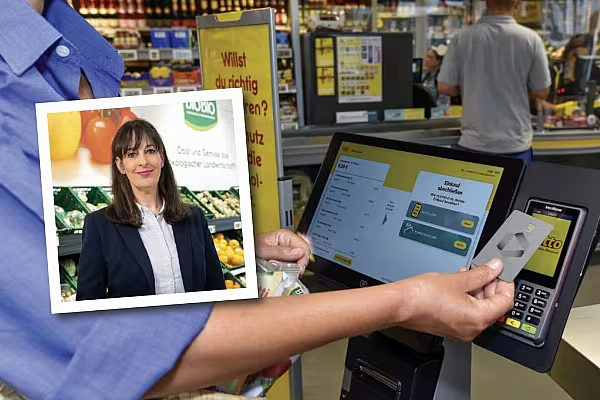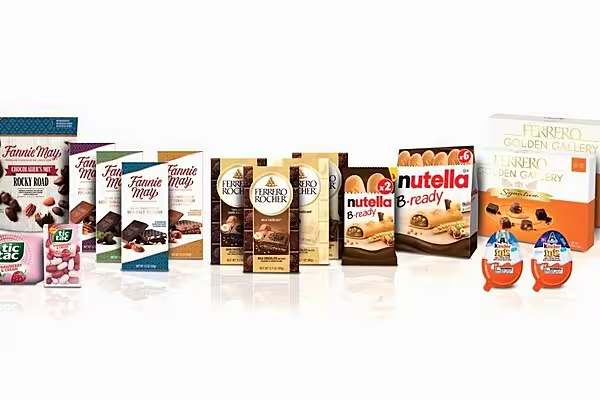As part of our Retail Technology report, ESM reached out to leading retail executives to get their perspectives on several salient topics when it comes to digital transformation – including Christina Stylianou, Company Spokesperson, Netto Marken-Discount. This article first appeared in ESM's March/April 2024 edition.
As part of its drive to make the shopping experience more efficient for its customers, Netto Marken-Discount recently introduced the Pick & Go concept – a new autonomous retail concept that enables shoppers to pick products and walk out without having to visit the checkout – to its store in Regensburg.
Unlike other solutions of its type, the German retailer’s service operates without the need for “registration or necessary check-in – and, if they wish, without a smartphone,” says Christina Stylianou, a company spokesperson. In addition, the system offers real-time receipts – a feature that is currently “unique” on a global basis, according to Stylianou. Feedback about the concept, which offers some 5,000 SKUs, has been “very positive,” she adds.
Do you think that we have reached a tipping point in terms of technology adoption by retailers, and if so, why?
With [Pick & Go], we are democratising state-of-the-art technology for all customers.
This innovation marks another technological milestone in the field of smart shops and heralds a new era in shop automation by making the concept of real-time receipts a reality. This offering takes the customer experience to a whole new level.
To what degree do you think that artificial intelligence and machine learning will influence the retail industry over the coming years?
We want to test innovative technologies and enhance the shopping experience for smartphone-savvy customers.
The use of artificial intelligence and the latest technology can also support and reduce the workload of store associates – an important consideration at a time when the industry is experiencing a shortage of skilled labour.
What challenges, if any, do you anticipate for retailers in terms of integrating new technologies into their operations?
One challenge is to adapt existing technology concepts to a specific product range.
Another is customer acceptance – willingness to change their traditional shopping behaviour and trust new technologies.














